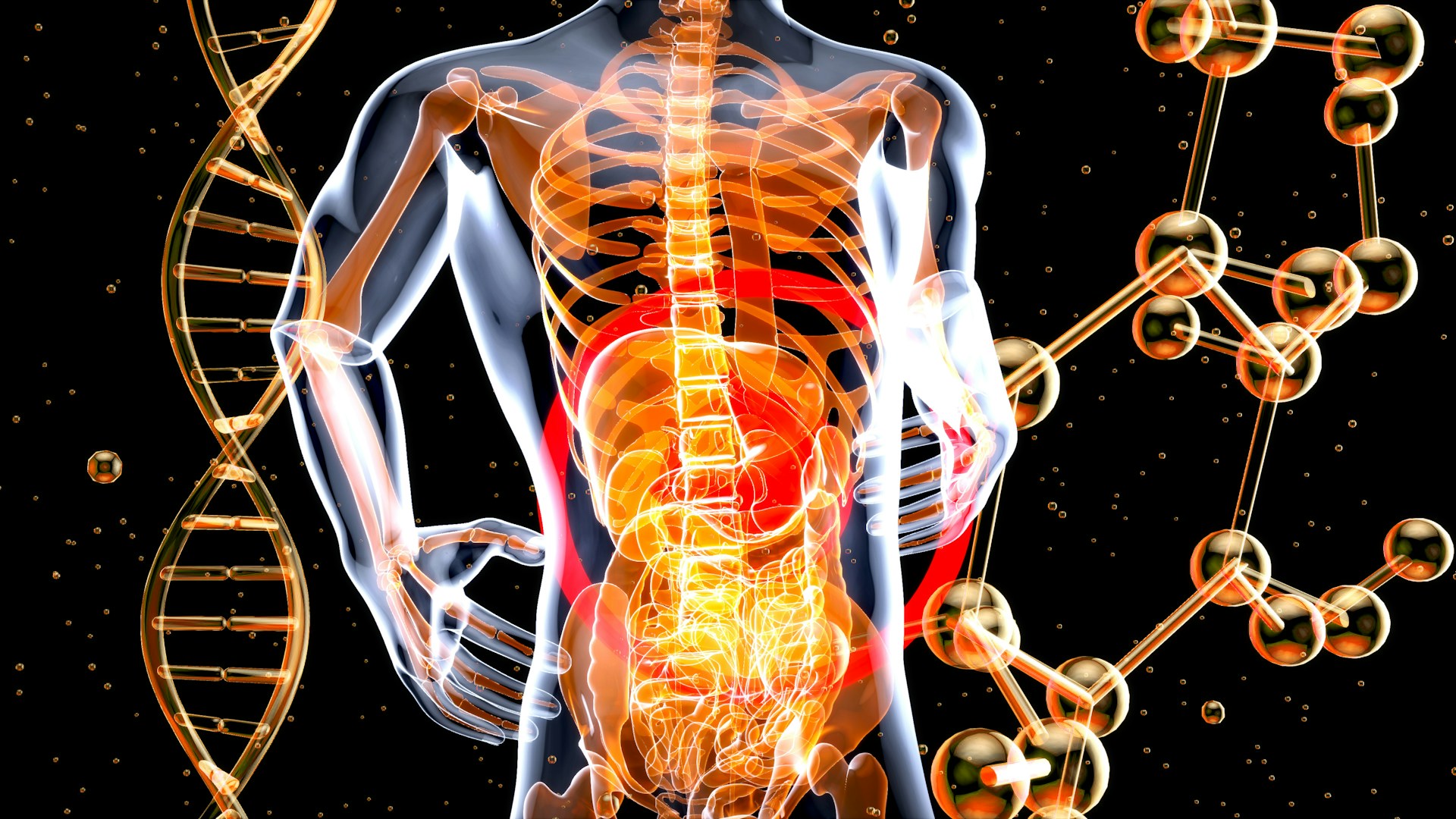Health
Endocrinologist Reveals Top Gut Health No-Nos to Live By

Our gut health is more important than many of us realize. With more than 100 trillion microbes, including bacteria, fungi, yeast, and viruses, the gut microbiome plays a crucial role in how our bodies function and respond to stress, certain foods, and even some medications. Registered dietitian Kristian Kirkpatrick, RD, calls it the ‘second brain,’ thanks to its vast influence on our overall health.
1. Limit Red Meat Intake
Endocrinologist and researcher, Max Nieuwdorp, PhD, highlights the vital role gut microbes play in the production and release of various hormones, affecting our daily processes like mood and metabolism. One of the items Nieuwdorp suggests we limit for optimal gut health is red meat. He told Business Insider, “I try to not eat meat every day.”
While red meat can alter the composition of the gut microbiome, producing “dangerous” metabolites during the digestion process, Scripps Health also warns that a diet centered around red meat may increase risk for diseases such as diabetes, heart disease, stroke, and colorectal cancer due to its high cholesterol, saturated fats, and sodium content.
2. Avoid Ultra-Processed Foods
Nieuwdorp also advocates for reducing the intake of ultra-processed foods, including sweetened breakfast cereals, processed meat, soda, and some frozen ready-to-eat meals. Instead, he recommends prioritizing fresh, additive-free foods.
Gastroenterologist Preeya Goyal, MD, explained in an interview with PIH Health that “ultra-processed foods contain large quantities of saturated fat and trans-fat, added sugar, salt, and food additives that seriously affect the gut and physical health.” Additionally, the consumption of ultra-processed foods can disrupt brain functions.
3. Use Antibiotics Only When Necessary
Lastly, Nieuwdorp suggests using antibiotics only when absolutely necessary. “They drive dysbiosis in the gut,” he said.
Cleveland Clinic explains that dysbiosis means a lack of diversity in the gut’s microorganisms, which can make us vulnerable to infections. An imbalanced gut microbiome can also negatively affect our hormones and other essential microbiome services.
Harnessing the power of hormones for optimal health means nourishing our ‘second brain’ — the gut microbiome. By reducing red meat intake, avoiding ultra-processed foods, and using antibiotics only when necessary, we can better care for our gut health, positively impacting our overall wellbeing. Just like every part of our body, our gut requires thoughtfulness and care. With these tips from Dr. Nieuwdorp, we can take actionable steps to improve our gut health and consequently, our general health.
Let us know what you think, please share your thoughts in the comments below.
